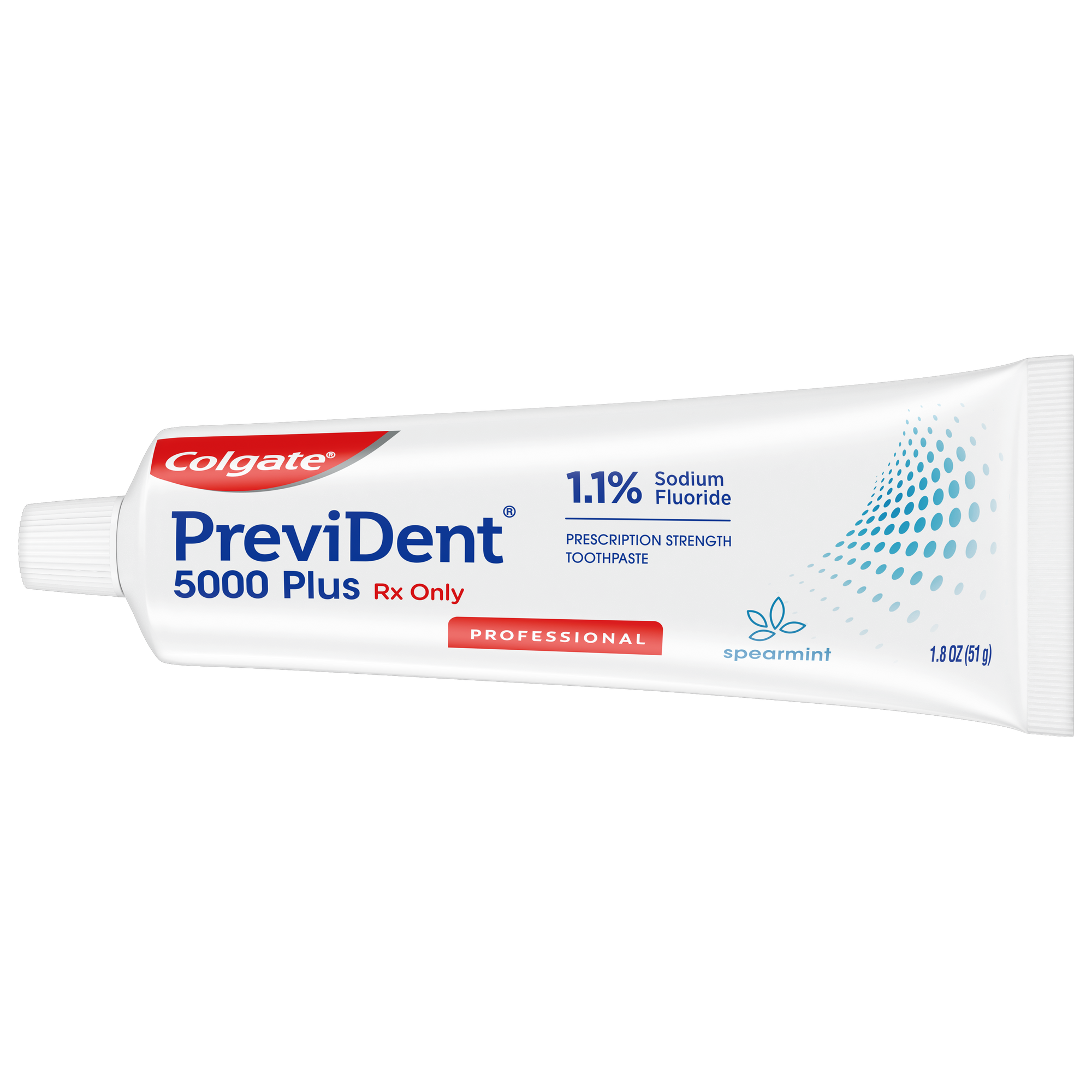Natural Appearance of Your Tongue
Though it might be the first time you noticed black spots on your tongue, they could be part of your tongue's natural appearance. The human tongue is a movable set of muscles covered in taste buds. As it moves food around as you chew, the taste buds send the brain signals about flavor. Taste buds are visible to the human eye, and they can stand out and look like dark spots when something like red wine or coffee stains them. If you notice a dark spot after having a glass of wine or cup of coffee, do not worry—this discoloration should fade.
Conditions That Cause Discoloration
According to the Merck Manual, if your tongue discoloration is not due to something that stained it, it can be due to injury, poor oral health, disease, or other conditions. One common condition is oral hyperpigmentation, which can cause blue, purple, brown, black, or grey spots in the mouth, according to The Journal of Pharmacy and BioAllied Sciences. Specifically, hyperpigmented spots on the tongue can be a sign of the rare adrenal disorder Addison’s Disease or the rare genetic disorder Peutz-Jeghers Syndrome. Skin pigmentation changes can also be a result of chemotherapy, according to the National Cancer Institute. While this is common and temporary with chemotherapy and treatable at home, patients should note any changes to the tongue and skin and tell their medical provider.
Black dots on the tongue could also appear due to a harmless condition called black hairy tongue. According to The Mayo Clinic, this condition happens when a buildup of dead skin cells on the papillae on the surface of the tongue don’t shed normally. The result is a tongue that has a black “furry” appearance. Other symptoms of black hairy tongue include a metallic taste in the mouth, bad breath, or a tickling sensation. Though there are many causes for a black hairy tongue, some common ones are bacteria growth due to antibiotics, poor oral hygiene, tobacco use, excessive coffee and alcohol consumption, and a soft food diet. Luckily, this condition should go away with good oral hygiene practice. According to Medline Plus, you can potentially treat it with antifungal medication.
Injury and Your Tongue
Oral piercings and tongue injuries may result in black spots on the tongue. That’s because damage to your tongue can leave a sore with a dark color. If you've had an oral piercing recently or bitten, cut, or otherwise injured your tongue, a black spot could be a lingering sign of damage. If this sore continues to linger, hurt, or get infected, be sure to contact your oral care provider about treatment methods.
Chemical Exposure to Your Tongue
Certain chemicals react with acids on the surface of the tongue and turn it black. Exposure to the chemical bismuth, an ingredient in some medications used to treat upset stomach, may cause the color change, according to the Mayo Clinic. Though it's often the entire tongue that turns black, the change could initially occur in patches. Once you stop taking bismuth, your tongue should return to its familiar pink hue.
Tongue Cancer
Rarely, dark patches on the tongue are a sign of a serious condition like cancer. The dark spots may also appear as scabs or sores that don't heal. Other signs of tongue cancer include lumps, swelling, and problems with swallowing. If you have any of these symptoms, see a doctor immediately. Though tongue cancer is a serious disease, treatment is most effective in the early stages. If the spots are light gray and on the tongue’s side, they could be a type of leukoplakia called oral hairy leukoplakia, which, according to The Mayo Clinic, is related to autoimmune diseases.
Treating Black Spots on Tongue
The first step in trying to remove black spots on the tongue is improving oral hygiene. Aside from brushing twice a day with a soft-bristle toothbrush and flossing daily, brush your tongue too. If the spots disappear after brushing, they may not need any further treatment. However, if the spots remain, visit your oral care provider. They can help determine the cause and appropriate treatment.
This article is intended to promote understanding of and knowledge about general oral health topics. It is not intended to be a substitute for professional advice, diagnosis or treatment. Always seek the advice of your dentist or other qualified healthcare provider with any questions you may have regarding a medical condition or treatment.
ORAL HEALTH QUIZ
What's behind your smile?
Take our Oral Health assessment to get the most from your oral care routine
ORAL HEALTH QUIZ
What's behind your smile?
Take our Oral Health assessment to get the most from your oral care routine















